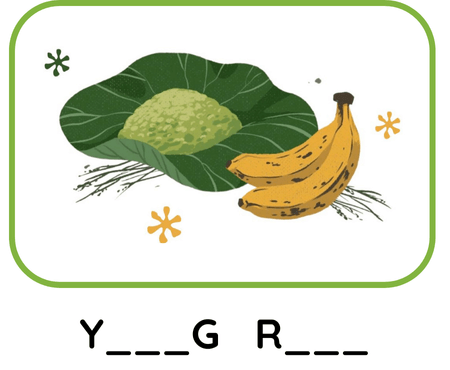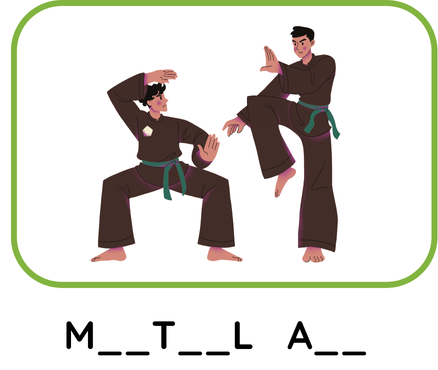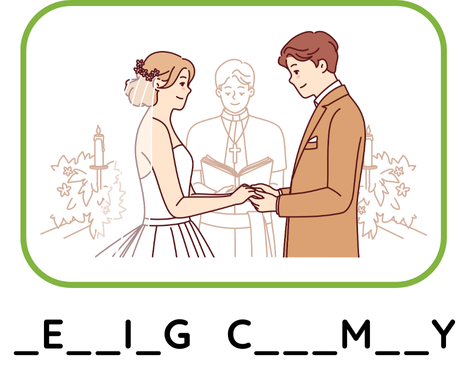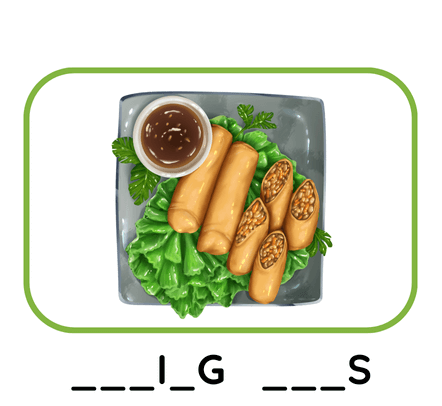Ôn luyện Từ vựng thi vào 10 số 14: Our customs and traditions (Set 2)
1/28/2024 6:00:00 AMHãy cùng học các từ vựng thuộc chủ điểm Our customs and traditions (Set 2) ngay nhé!
Nhấn ᐸ / ᐳ để chuyển sang từ khác và 🔊 để nghe phát âm.
Bạn nên đọc kĩ nghĩa, ví dụ và nghe phát âm của tất cả các từ vựng trước khi nhấn "Next" để chuyển sang luyện tập ở mức nhận biết.
Hãy cùng luyện tập các từ vựng bạn vừa học nhé!
(Nhấn "Next" để chuyển sang các bài tập tiếp theo.)
Complete the sentences, using the hints given.
 |
People enjoy as a special treat during the autumn harvest season in Vietnam. |
 |
Traditional performances are popular during festivals to showcase strength and culture. |
 |
The includes exchanging rings, sharing vows, and celebrating with family and friends. |
 |
Vietnamese families often prepare as a delicious dish for festive celebrations. |
 |
People visit the during Tet to pray for health, happiness, and good fortune. |
Choose the underlined part that needs correction.
In addition of preparing food, families clean their homes before Tet begins.
- In
- of
- homes
- begins
Choose the underlined part that needs correction.
Grandparents teach their children the receipt for Chung cake during the Tet holiday preparations.
- teach
- receipt
- for
- preparations
Peach blossoms _____ in spring, and people display them at home for Tet celebrations.
- disappear
- bloom
- depart
- blow
People _____ at the temple to ask for health and success during the new year.
- pray
- attack
- argue
- exercise
People avoid sticking _____ into a bowl of rice as it’s only done in ceremonies for the dead.
- knives
- forks
- spoons
- chopsticks
The offerings of the Vietnamese often include a _____ of full rice.
- pan
- pot
- bowl
- tub
Cultural programs on television help _____ people’s awareness of customs and traditional values.
- raise
- reduce
- rise
- add
Parents teach their children table _____, such as inviting elders to eat first during family meals.
- linen
- mats
- manners
- dancing
Vietnamese people _____ their ancestors and gods at home to show their respect to them.
- worship
- avoid
- train
- rescue
Complete the sentence by changing the form of the word in capitals.
Festivals help raise people's about the importance of preserving Vietnamese customs and traditions. (AWARE)
Complete the sentence by changing the form of the word in capitals.
Tet is the biggest in Vietnam when families gather to enjoy food and traditions. (CELEBRATE)
Complete the conversation, using the following words.

Nga: Hi Liam! Did you enjoy the family dinner last night?
Liam: Yes, it was great! This is the first time I've used . It was fun!
Nga: That’s good to hear. It’s part of the tradition. Did you like the soup in the red ?
Liam: Yes, it was delicious! Do you know the for it?
Nga: I think it’s a family secret, but I will try asking my mom for it.
Liam: That would be nice! By the way, what was the reason for the ?
Nga: It was to welcome the Lunar New Year. It’s an important tradition for us.
Liam: That’s wonderful. Thanks for inviting me to the meal!
Reorder the letters to make complete words. The first letters are underlined.
Lan: Hi, Minh! Did you visit any special places during the weekend?
Minh: Yes, I went to Ngoc Son (E-P-E-T-M-L) with my family.
Lan: That’s nice! Did you bring any (G-E-R-I-F-O-N-F)?
Minh: We brought fruits and flowers as a sign of respect. Have you been there before?
Lan: Yes, I went last year. After the visit, we had (N-P-S-I-G-R) rolls for lunch.
Minh: I love them! My family enjoyed some ice-creams made with young (I-E-C-R).
Lan: That sounds delicious! I like that time because I can spend time hanging out with my family.
Minh: I agree. It’s also a great way to celebrate our customs.
Complete the text, using the words given. You may make any changes to the words if necessary. There is one word that you do not need to use.
| monk | offering | pray |
| worship | ancestor | pagoda |
Honoring is an important tradition in Vietnam. On special days like death anniversaries or Tet, families gather at the home altar to show respect and gratitude. They prepare including food, fruits, and flowers, and burn incense as part of the ceremony. Family members said prayers to ask for blessings and to connect with loved ones who have passed away. This tradition helps family members remember their roots and strengthens the bond between generations.
Another meaningful custom is gods. At the beginning of the year or on important Lunar calendar days, people visit a to ask for health, happiness, and success. They light incense and read prayers to find protection and good fortune. Sometimes, a leads the prayers and guides visitors. These practices are a way to find peace, hope, and spiritual connection in Vietnamese culture.